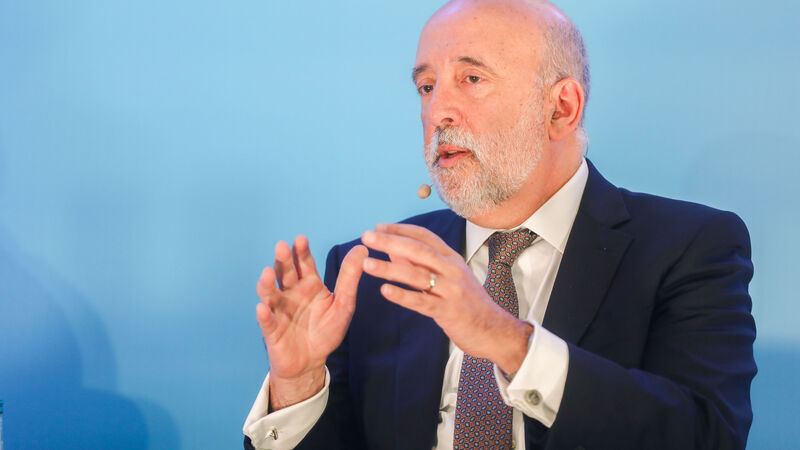ECB governors insist there is no clear path to future interest rate cuts

Markets pared back bets on the extent of further rate cuts this year, and Central Bank governor Gabriel Makhlouf said the ECB is confident that disinflation is working but added: 'It doesn’t mean, incidentally, that we know how fast we’re going to carry on or if at all.
European Central Bank governors have repeated the party line that there can be no guarantee of a rapid fall in interest rates.
A day after the ECB’s governing council delivered on its promise to lower rates but revealed a consumer-price forecast that left investors querying where policy is headed next, data showed accelerating wage increases — and governors signalled that they’re now back in a watchful phase.














